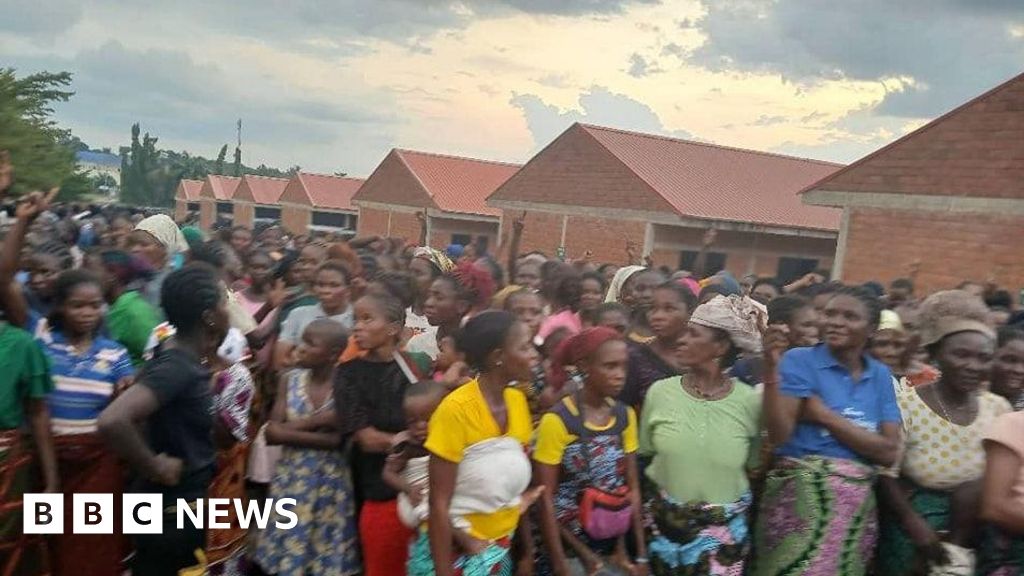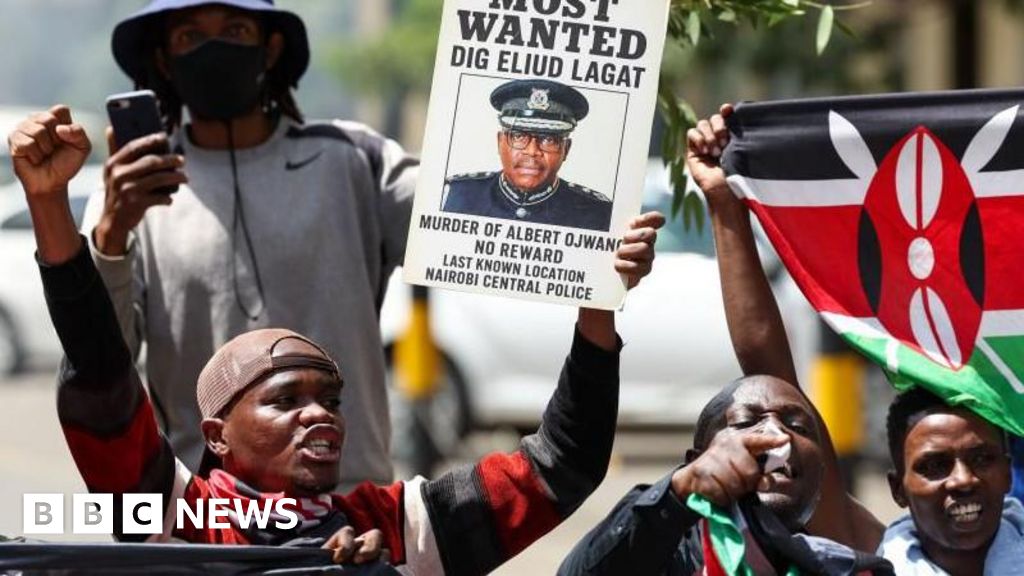On any ordinary day, the South Vancouver neighborhood bustles with the sounds of life, but Saturday was no ordinary day. It was a celebration of Filipino culture, and music from a live concert echoed through the streets as families lined up at food trucks and children played.
On Sunday it was strangely silent.
“It gives me chills,” said Franchesca Gabo, taking it all in.
Ms. Gabo, 20, left the festival shortly before a driver rammed his SUV into the mass of people, killing 11 and injuring more than 30.
Now, she had come back, joining an impromptu vigil of people peering over police tape and trying in vain to absorb the enormity of what had happened.
“It was a happy day yesterday,” Ms. Gabo said. “Everyone was celebrating.”
The authorities say the motive for the attack did not appear to be terrorism. But beyond that little had emerged about the suspect in custody other than that he is a 30-year-old man with a history of mental illness. Now, he is charged with murder.
More was becoming known about the victims at the festival celebrating Lapu Lapu Day.
The youngest was Katie Le, a 5-year-old girl who was killed along with her parents, Richard Le, 47, and Linh Hoang, 30, according to local news reports. Mr. Le’s 16-year-old son, Andy, survived because of a last-minute decision to skip the festival in favor of homework, relatives said.
A school board in a nearby suburb said that a guidance counselor named Kira Salim was also among the dead. “The loss of our friend and colleague has left us all shocked and heartbroken,” it said in a statement.
And fund-raising began to help people wounded in the attack and repatriate the remains of at least one victim who was killed.
More than 960,000 people in Canada are of Filipino descent, according to the government, with about half living in Vancouver, Toronto and Calgary. In June 2023, a government report made note of Filipinos’ robust representation in the trades, health care, service and business administration sectors.
“Filipino Canadians are among the hardest working people in Canada,” the report said.
Many made it to Canada via foreign worker programs, including a live-in caregiver program that ran between 1992 and 2014 and helped resettle about 75,000 Filipinos.
Angelo Cruz, who grew up in the neighborhood where the festival took place, said Monday that his mother, despite having a master’s degree in science, worked as a nanny until she could gain residency and help the rest of her family immigrate.
“You make that sacrifice, you let go of potentially raising your own child, because you want your child to have a better life,” Mr. Cruz said.
But Lapu Lapu Day is meant to be a break from all that.
“It was the one time we wanted to express ourselves and have fun — and we couldn’t even get that,” said Mr. Cruz, a human resources administrator who grew up in the community where the festival was held. “That was heartbreaking for me.”
The edge of the neighborhood was decorated with bunting in yellow, navy blue, white and red, the national colors of the Philippines, though the streets are lined by a mix of businesses and restaurants offering not just Filipino but also Vietnamese, Chinese and Indian food.
On Sunday, Mr. Cruz and his family stepped out of Pin Pin, a restaurant serving up his traditional favorites like pancit palabok, a garlic noodle and shrimp dish, and the Filipino spring rolls known as lumpia. Then they headed toward the vigil sites.
At one of them, Arturo Macapagal, an operating room nurse who is often in the neighborhood took a moment to say a quiet prayer, joined by a priest.
“Anytime you’re gathering, especially the Filipino community, it’s about food and happiness and joy and laughter and the camaraderie,” Mr. Macapagal said.
When Prime Minister Mark Carney came to pay his respects, the crowd erupted into “Amazing Grace.”
Amid the mourning, life went on.
Music blasted on the street from Proud Pinoy Grocery Store, a hub for specialty food products. Shoppers browsed shelves carrying dried fish called tuyo, heavy sacks of jasmine rice and sweet corn chips. A poster advertising the Lapu Lapu Day festival was still taped to door.
Source link


















